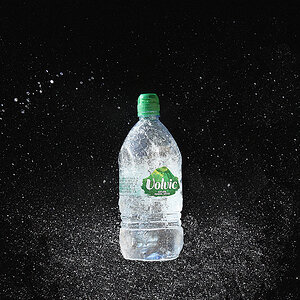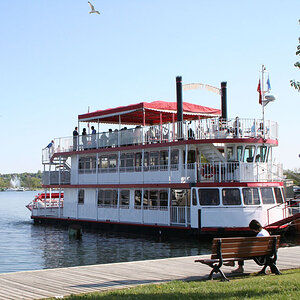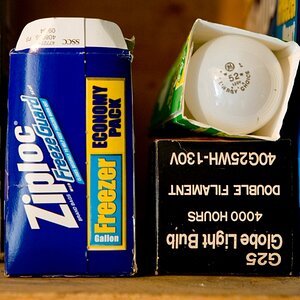rooky
TPF Noob!
- Joined
- Mar 28, 2008
- Messages
- 80
- Reaction score
- 0
- Can others edit my Photos
- Photos NOT OK to edit
I am not sure what area to post this in or even if there is one but I figured the digital area cant be too far off, so anyway......
I wanted to mention that in case some of you have never used it or are not aware of it, there is a great free encryption program out there that I use and I'm sure quite a few others do as well. It's called true crypt. It is awesome!!!! I highly recommend it if you have images or pictures or files you might want to keep away from prying eyes.
Here is the link:
http://www.truecrypt.org/
I use it alot to store all my sensitive info in and also to store those pics you might take that you dont want to fall into the wrong hands.lol
Note: True crypt is a the real deal. Make sure you read the readme before trying the program or you might mess up. Once stuff is locked in it and you forget the password, you're screwed.
And also, I'm sure many of you know that anything you delete on your computer isn't really gone using the recycle bin. It's merely semi-permenantly misplaced, so to speak. If you need to delete a photo or any sensitive files and never want them recovered... use a shredder... something that will over write it one the HD with 0's and 1's permanently!
Here is a good free choice. Here is a good shredder thats free too:
http://www.handybits.com/
Oh yeah, one more thing. If you do delete something, like a picture using the recycle bin and u'd like it back, try this software. There is a free trial version here:
http://www.r-undelete.com/
This wont do you any good if you have shredded it. lol
Let me know on this thread if this helped anyone. Nice to know the info was helpful to someone. Thanks.
I wanted to mention that in case some of you have never used it or are not aware of it, there is a great free encryption program out there that I use and I'm sure quite a few others do as well. It's called true crypt. It is awesome!!!! I highly recommend it if you have images or pictures or files you might want to keep away from prying eyes.
Here is the link:
http://www.truecrypt.org/
I use it alot to store all my sensitive info in and also to store those pics you might take that you dont want to fall into the wrong hands.lol
Note: True crypt is a the real deal. Make sure you read the readme before trying the program or you might mess up. Once stuff is locked in it and you forget the password, you're screwed.
And also, I'm sure many of you know that anything you delete on your computer isn't really gone using the recycle bin. It's merely semi-permenantly misplaced, so to speak. If you need to delete a photo or any sensitive files and never want them recovered... use a shredder... something that will over write it one the HD with 0's and 1's permanently!
Here is a good free choice. Here is a good shredder thats free too:
http://www.handybits.com/
Oh yeah, one more thing. If you do delete something, like a picture using the recycle bin and u'd like it back, try this software. There is a free trial version here:
http://www.r-undelete.com/
This wont do you any good if you have shredded it. lol
Let me know on this thread if this helped anyone. Nice to know the info was helpful to someone. Thanks.












